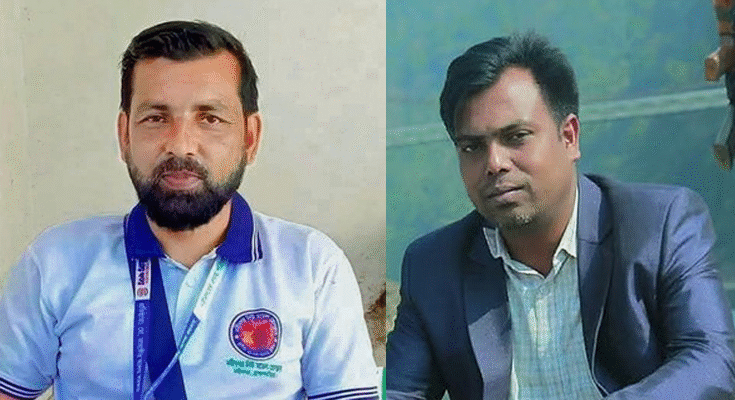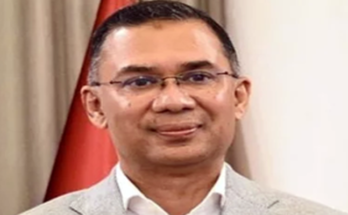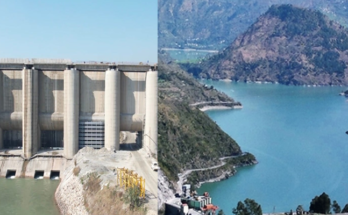 by Nava Thakuria
by Nava Thakuria
Dhaka: Addressing the nation on live television on 5 August, Bangladesh’s interim government chief Dr. Muhammad Yunus announced that the country will hold its 13th Jatiya Sangsad elections in the first week of February 2026, as later confirmed by the Election Commission. In his address, Dr. Yunus emphasised that “a thriving democracy is impossible without freedom of the press.”
The speech coincided with the anniversary of the July–August 2024 mass uprising, which led to the ouster of former Prime Minister Sheikh Hasina and the appointment of Nobel laureate Dr. Yunus as chief adviser of the caretaker government. Reflecting on that period, he noted that one of the earliest and biggest obstacles to free journalism in Bangladesh had been the government itself.
Speaking in Bengali, the “banker to the poor” pledged to remove barriers to free expression, stating that citizens can now openly criticise the government through both mainstream and social media — even in state-run outlets. His administration has restructured the Press Council of Bangladesh, introduced journalist training to combat disinformation, repealed the controversial Digital Security Act (later renamed the Cyber Security Act), and withdrawn all related cases against media personnel.
On-the-ground reality remains grim
Despite these assurances, violence and harassment against journalists persist. On 7 August, Md. Asaduzzaman Tuhin, a 40-year-old reporter for Dainik Pratidiner Kagoj, was hacked to death in Gazipur after filming an extortion attempt. CCTV footage showed the attack happening at a local tea stall. Police later arrested six suspects, including the alleged ringleader.
Just a day earlier, on 6 August, Anwar Hossain of Dainik Bangladesher Alo was assaulted in broad daylight while investigating extortion of local vendors. On 9 August in Lalmonirhat, Helal Hossain Kabir of Alormoni and his mother were hospitalised after a violent attack, with the alleged mastermind arrested.
In a separate case on 25 June, Khandaker Shah Alam of Dainik Matrijagat was killed in Nabinagar by a former inmate who blamed Alam’s reporting for his imprisonment.
Data paints a disturbing picture
According to The Daily Star, from August 2024 to July 2025, Bangladesh saw:
-
496 journalists harassed
-
266 implicated in murder cases linked to the July Uprising
-
3 journalists killed on duty
-
8 newspaper editors and 11 private TV news chiefs dismissed
-
150 journalists terminated
The paper noted that despite expectations for a freer press after Hasina’s fall, visible reforms remain limited.
The New Delhi-based Rights and Risks Analysis Group (RRAG) reported a dramatic escalation in attacks and legal harassment of journalists since August 2024, with 878 targeted, 431 physically attacked or threatened, and 195 criminal cases filed under the Yunus-led interim government. RRAG also said 107 journalists received financial scrutiny notices from the Bangladesh Financial Intelligence Unit, while 167 were denied press accreditation, allegedly due to past ties with the Hasina regime.
Global calls for action
International watchdogs have urged the government to act swiftly. Reporters Without Borders (RSF) called for the perpetrators of recent attacks to be brought to justice, while the Press Emblem Campaign (PEC) condemned the killings. PEC president Blaise Lempen described Tuhin’s murder as “pathetic — a journalist lost his life simply for exposing criminals” and pressed Dhaka to ensure media safety ahead of the national elections.




